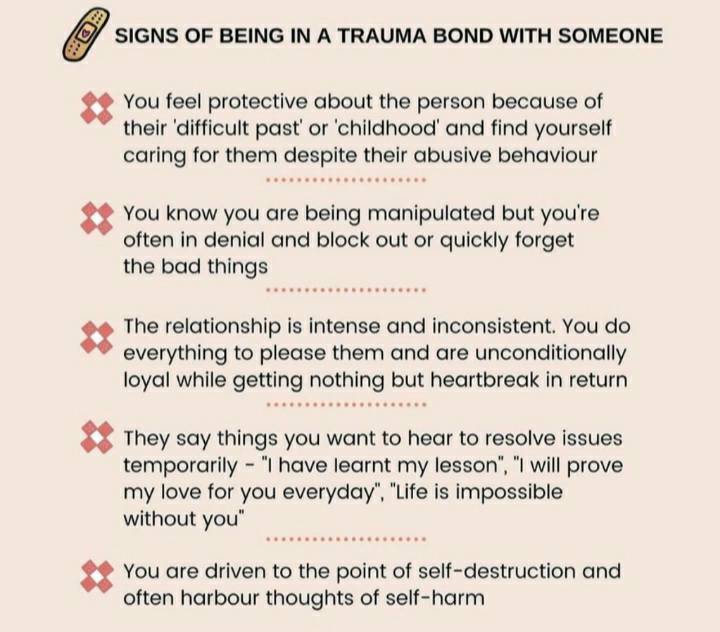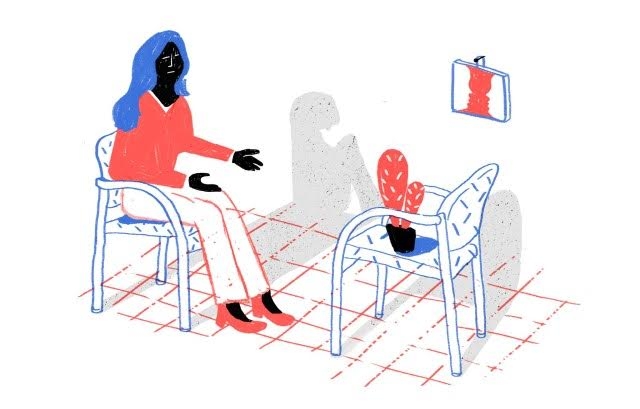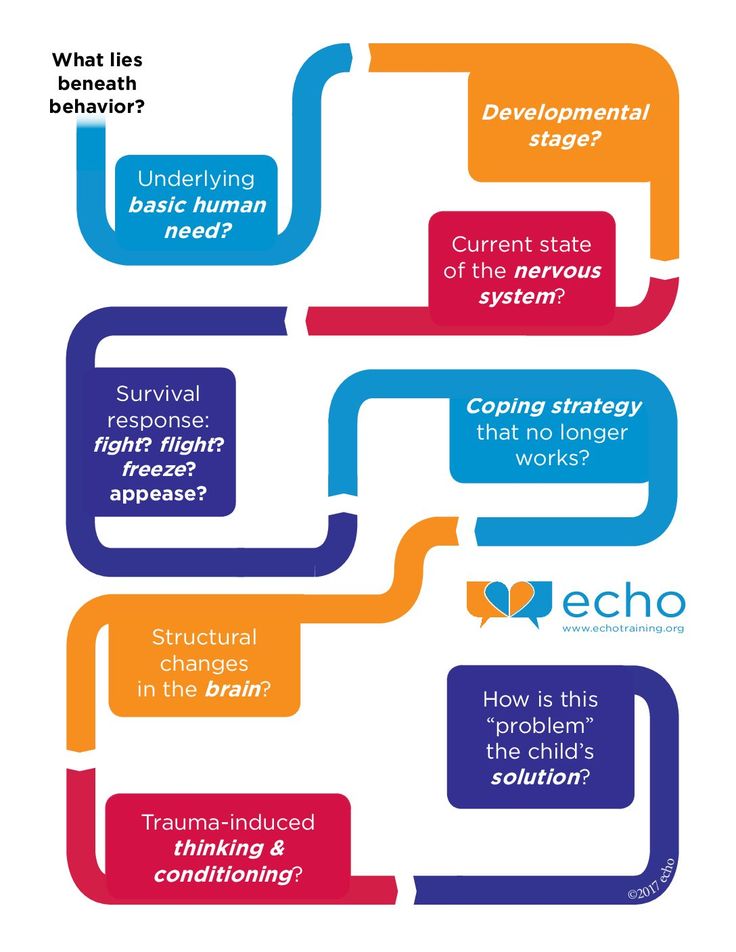Need for space in relationships
How to Create Space in Your Relationship
December 24, 2020
How much space should we give ourselves in our relationships? This isn’t always an easy question to answer. We may not always know exactly what the right balance is. The coronavirus pandemic has made space in relationships even more difficult to come by. While couples are spending more of their time at home this year, it’s still important to maintain healthy boundaries and give each other space. In this post, we give our tips for how to get creative and give each other much needed space… when we’re stuck in the same space.
Why Space is Essential
Every healthy relationship needs space from time to time. Giving ourselves space that is separate from our relationship allows us to still maintain individuality. Having physical space or uninterrupted time to ourselves allows us to pay closer attention to our emotions. Sometimes space is necessary to realize what our needs are and how we can best take care of ourselves, separate from our relationships.
By giving ourselves space to think and process our emotions, we also reduce the likelihood of lashing out at our partners or using other poor communication methods. Overall, space provides emotional clarity, the opportunity to take care of our specific needs and a sense of individuality that we all can benefit from.
How to Maintain Space in Your Relationship
Maintaining space is extra challenging during the pandemic. Here are some ways that we can still prioritize our individual space within our relationships:
Communicate With Your Partner
In order to create space in your relationship, you will need to openly communicate with your partner. Discuss with them when, how and why you may needs periods of time to yourself. By being honest and upfront about your needs, your partner will know how they can accommodate for you. This may serve as a great opportunity for them to communicate the space they also need with you too.
Communicating that you may need space doesn’t mean that you don’t enjoy spending time with one another or that something is “wrong” in your relationship.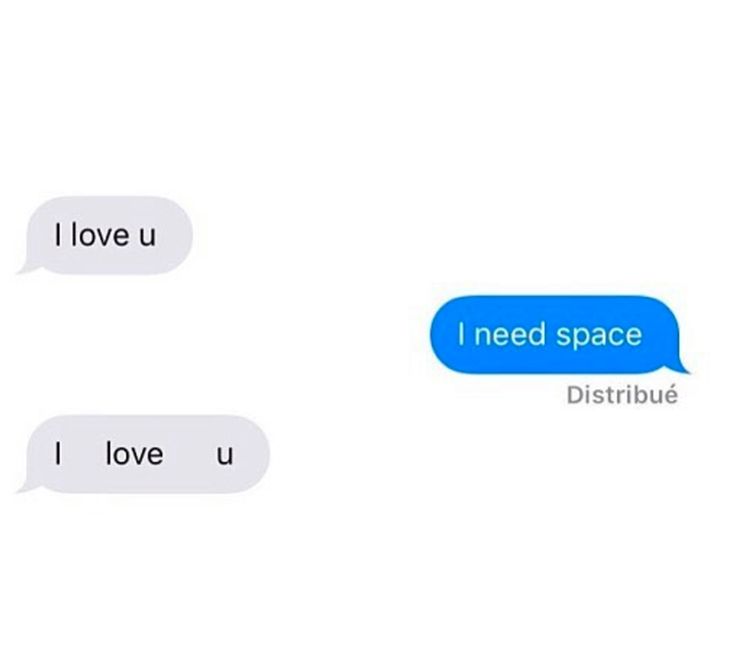 It’s healthy to be able to recognize and respect that everyone needs space from time to time, and that includes your partner and yourself.
It’s healthy to be able to recognize and respect that everyone needs space from time to time, and that includes your partner and yourself.
Schedule Time for Self-Care
While spending quality time with your partner is important, it’s equally important to spend quality time with yourself. Consider how you can take part in self-care on your own, in a way that is fulfilling and rejuvenating for you. Perhaps you want to find time in the mornings to go on solo walks and practice mindfulness. Or maybe you want to devote some nights to yourself to journal or read at night, instead of always watching tv shows with your partner. Scheduling time for self-care means that you are prioritizing your wellbeing, so that you can also be a better partner in your relationship. It’s not selfish; it’s actually necessary.
Set Boundaries
Part of what makes up a healthy relationship is setting boundaries with your partner. There are many different types of boundaries we can set, but an important one is deciding on when you may need space from one another. Talk openly with your partner about boundaries you want to set for time to yourself, to focus on important things like work or self-care.
Talk openly with your partner about boundaries you want to set for time to yourself, to focus on important things like work or self-care.
Find Small Ways to Create Space
Even if you can’t create a lot of physical space from your partner, due to the pandemic and living together, there are small ways to designate space to yourself. Maybe you decide to put in headphones if you need to focus on yourself or work. Perhaps you go on some drives by yourself to get out of the house or run errands. Or if you both just want to do something different with your time, like watching a show or cooking a meal while your partner is doing another activity, that’s okay too.
Broaden Your Support System
While we may not be able to see our friends or other family members in person right now, it’s still important to maintain those relationships too. Reach out to your friends and continue to nurture those connections separate from your relationships. Broadening our support system is important because we may need different people in our lives to talk about different things and form different bonds with them.
Other Helpful Articles
- How to Set Healthy Boundaries in Your Relationship
- COVID-19 and Relationships
- Cheers to Healthy Relationships
How Much Space Is Too Much Space in a Relationship?
There are some phrases that can send a chill down your spine when you hear them from your partner. If “We need to talk” is as bad as it gets, “I need some space” isn’t far behind. But the truth is, space isn’t a bad thing, even in a romantic relationship. It may make you feel a little panicky if your partner says that they need some breathing room, but space can be a positive force in a relationship. In fact, it can be a great thing.
What Is Personal Space in a Relationship?
Personal space in a relationship means you're taking time to put yourself first and do things that are just for you—choices that will make you feel great about yourself, putting you in a better mindset to take care of your relationship.
The trick is to get the balance right. If your partner says they need space in your relationship, something has gone a little wrong—either with the partnership or in their own life. So, whether you’ve been together for two months or 20 years, you need to take it seriously. The good news is that it’s an easy enough problem to fix—as long as you can balance giving them space with making sure that you don’t drift apart. If you do it right, you may find that having a little distance makes you feel more grateful for each other and, ultimately, brings you closer together.
So, how much space is too much? Here’s what you need to consider.
Why Do They Need Space?
The first thing you should do is talk to your partner about why they need space. Even if you feel defensive or strange about it, remember that it’s a totally normal, reasonable request for them to make—so make sure that you question it with genuine curiosity rather than getting defensive. It may be that they’re really stressed at work, or feel like they haven’t had enough time with their friends, or maybe they’re just feeling claustrophobic. When you understand what the root of the problem is, it will be easier to know how much space to give—and how to give it.
When you understand what the root of the problem is, it will be easier to know how much space to give—and how to give it.
How Much Space Do They Want?
Once you talk to your partner about why they need space, try to get them to explain how you can give that to them. If they want more time to go to the gym or pursue a hobby, that’s an easy one to negotiate—you can find out how many times a week they want to do that. If they want something more nebulous, like “more alone time,” you may need to ask them to be a little more specific about how you can help them with that.
In general, you should do your best to make it happen—within reason. If they’re saying they want to go travel the world for six months and leave you with two kids at home, you obviously have the right to put your foot down. But, in most cases, you should be able to find a compromise. If it doesn’t feel like a huge shift in your lives or something that will draw a wedge between you, it’s probably OK.
How Can You Check in While Still Giving Them Space?
How do you make sure you give your partner enough space without feeling like you’re drifting away from each other? The key is to make sure that you check in regularly. Space between you doesn't have to feel like distance between you—if you do it right. So tell your partner that you're sorry that they’re struggling and you want to be able to give them the space they need but suggest that you check in every Sunday or every other week. It’s just a chance to touch base, see how things are progressing, and if your partner is feeling any better. It’s also an opportunity to air any concerns you have and talk about how it’s affecting the relationship—positively or negatively. Even if your partner needs space, you still have your own needs that should be considered, so explain that you’ll feel better if you two can stay connected that way. Communication is key.
Just make sure that you find a way to stay connected and touch base with each other as to not drift apart.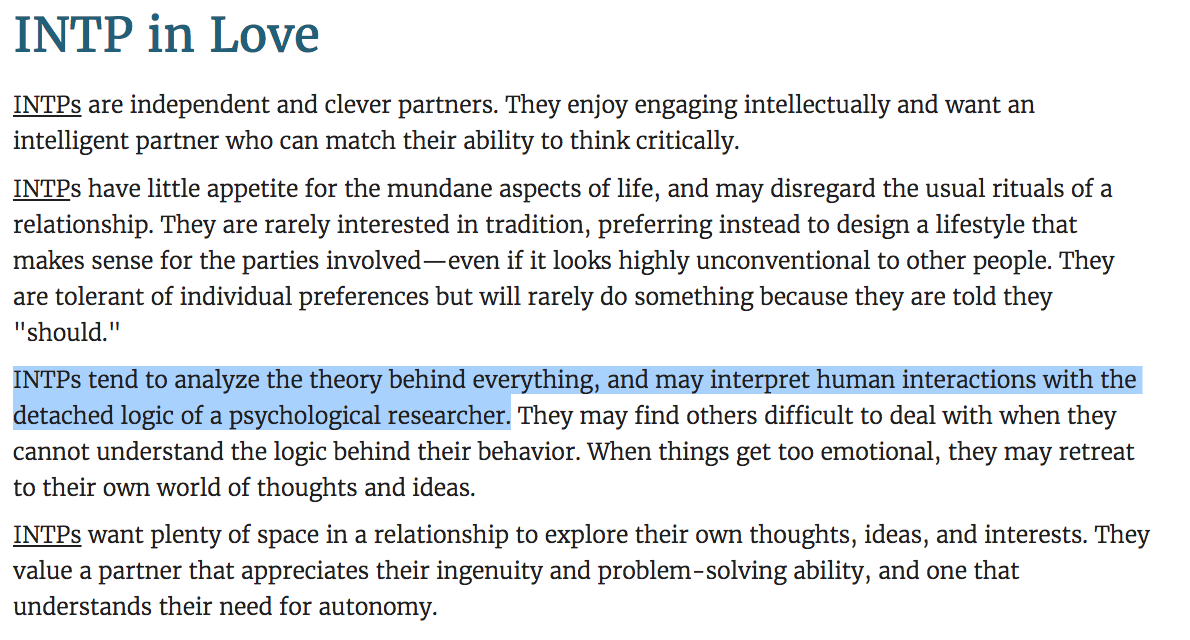
How Does It Fit Into Your Relationship as a Whole?
Although most requests for space will be totally reasonable, you do need to consider your relationship as a whole. If your partner has a history of cheating, lying, or refusing to be tied down or take your needs into account, then asking for space may actually just be a way of manipulating or gaslighting you. You know your partner. If they are normally good to you and you have a strong relationship, asking for space is probably a genuine request. But if your relationship is tumultuous or toxic, you may need to be a little more suspicious about what it means. Normally, though, it’s nothing to worry about.
If your partner says they need space, it’s easy to panic and think you’ve done something wrong—but the truth is, a little bit of space is healthy in a relationship. Sometimes we start spending too much time together or we miss our friends or we just aren’t feeling like ourselves—and space can help reset the balance. So if your partner says they need some time or some breathing room, trust their instincts and do your best to make it happen. But if you get it right, a little space and a little perspective can make your relationship stronger than ever.
So if your partner says they need some time or some breathing room, trust their instincts and do your best to make it happen. But if you get it right, a little space and a little perspective can make your relationship stronger than ever.
44 Great Date Ideas to Keep Your Marriage Fresh
What needs exist in a relationship and why they cannot be met simultaneously
August 4Relationships
It is important to learn not only to recognize your needs, but also to correctly state them.
Share
0In a relationship, friendly or romantic, the word "needy" seems out of place. Although in fact all our needs are closely related to our human nature. Human beings have a biological need for each other. One small study showed that we feel much less physical pain when holding the hand of a loved one than when we are alone. That is why relationships are not happy until they meet the needs of everyone.
What needs can be identified in a relationship
There are three types of needs in a relationship between two people:
- Your own.

- your partner.
- Your relationship.
Satisfaction of any need seems to be a pleasant and even necessary component of a healthy interaction. Why then is it so difficult for us to express our needs?
Perhaps the reason lies in our relationship with adults when we were children, in the way they treated our needs. If our desires were constantly dismissed, we could come to a simple conclusion: it is better to remain silent about what you want at all than to see how it is ignored.
Also, don't forget that we live in a capitalist world that values high productivity. And it implies the rejection of many things, such as rest and free time.
Synchronizing all three types of needs is quite a difficult task. Imagine that you had a fight with a friend the day your loved one got promoted. You want to talk, and the partner is set to celebrate their successes. It is impossible to do both at the same time. And whose needs need to be met first?
How to deal with needs to improve relationships
1.
 State your needs
State your needs Many couples worry that talking honestly about each other's needs will hurt their relationship. In reality, the opposite is true - concealing one's desires leads to alienation and misunderstanding. Silence cannot move a relationship forward, especially if you are hoping that your loved one will guess what you want.
Sometimes people fall into the trap of thinking that their needs are more important than the needs of others. This may be related to gender, nationality, position in society and other components of social identity that can provide some kind of privilege. In this case, the person is most likely used to getting everything he wants and does not understand how this affects others.
If you are always trying to get what you want, encourage your partner to express his opinion more often. And if, on the contrary, you usually make compromises in relationships, now is the time to stand up for yourself.
2. Understanding Feelings
In My Stroke Was My Science, neuroanatomist Jill Bolte Taylor reminds us that we are sentient beings who can think, not thinkers who can feel. Our conscious and unconscious emotions affect not only the quality of relationships, but also our inner state.
Our conscious and unconscious emotions affect not only the quality of relationships, but also our inner state.
It is our feelings that lead us to what we really need. For example, if you feel hungry, you know that you need to eat, and when you suffer from loneliness, you realize that you need to connect more closely with others.
To learn to recognize your needs through your feelings, ask yourself two questions every day:
- How do I feel?
- How exactly does my body show me these feelings?
If you find it difficult to recognize your feelings, use the Plutchik wheel, which contains the basic emotions. Analyze your answers: note which feelings arise more often and how you feel about your needs.
It will take time to learn to accept one's own needs (namely, to accept, not to love). Even if you can't discuss it with your partner, acknowledging them is already a big step forward.
3. Choose the most important things
When we are given too many demands, our nervous system becomes overwhelmed and we lose the motivation to live up to them. Too long a list of expectations can break any union.
Too long a list of expectations can break any union.
For example, you want your loved one to always be there, listen to you, make you laugh, satisfy your sexual desires, notice when something goes wrong, and lift the toilet seat. But this is practically impossible.
Therefore, you should carefully analyze your needs. Perhaps some of them can be satisfied with the help of friends or even on their own. For example, you love to train and want to have a sports partner. Of course, it's good when this is a loved one, but you can find those who want it among your friends.
Needs should also be divided into three main categories: "Now", "Later" and "In the future". Think about what needs you want to meet now, what will be next, and what can be postponed for the future.
However, do not forget that circumstances change and our needs may change with them.
4. Talk to a partner
Very often we give our loved one what we want to receive ourselves. But you just need to ask him about what you need.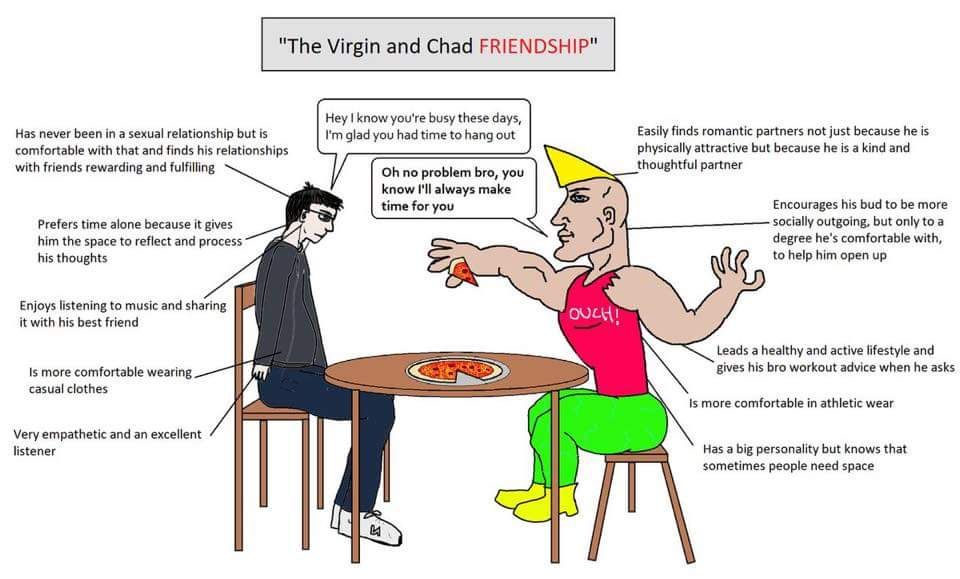
If you are tired of constantly listening to your partner and not getting the same attention in return, talk about it. If you feel that you are much more loaded with household chores, ask your loved one to cook dinner. Stop waiting for the situation to change - take the initiative in your own hands.
5. Asking, not demanding
Asking for your needs is not the same as demanding. You can express your desires, but your partner still has the right to set their own boundaries and say how ready they are to meet your expectations.
For a happy relationship, all needs in a couple must be noticed, but not all of them must be satisfied.
If you decide to fulfill your partner's wishes, you should do it free of charge, without expecting anything in return. And if you can’t or don’t want to, it’s better to immediately refuse. Saying “no” from time to time is an act of self-preservation and a defense of your right to be yourself.
Also important is how you express your needs:
- Try to speak calmly and confidently.
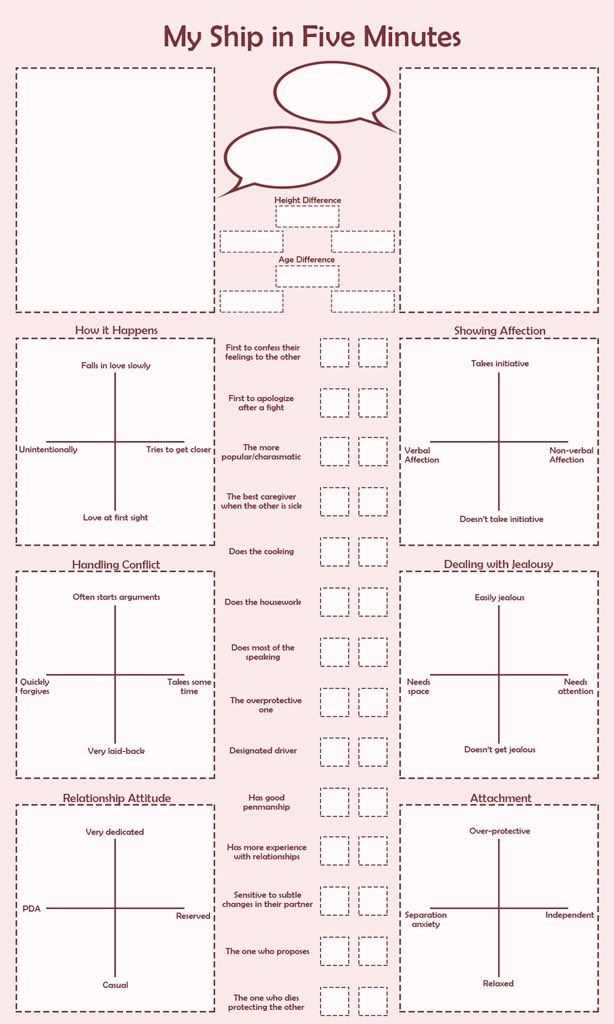 This will increase the chances of a favorable reaction from the partner.
This will increase the chances of a favorable reaction from the partner. - State the circumstances clearly and avoid the words "always" and "never".
- Use the pronoun "I", not "you".
- Match each feeling with the corresponding need: one feeling, one need.
Remember that one person cannot satisfy all your needs. A healthy relationship is a series of "exchange of favors": we give, we receive, and then we give again. The question is different. What are you ready to give to your partner and what do you need to receive in order to improve not only your relationship, but also yourself?
Read also 🧐
- “If only you feel good”: what is emotional service and what is wrong with it
- 6 habits that strengthen relationships. Proven by Science
- How to get rid of the need to please everyone
why is it so important in a relationship?
Psychology
What is personal space and why is it important for a person.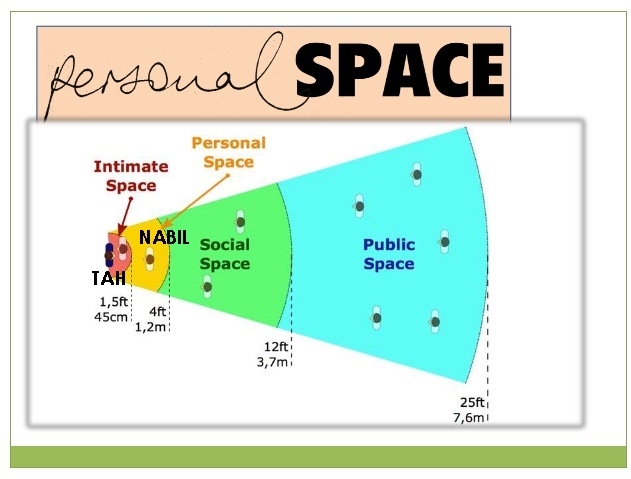 The importance of personal space in a relationship. How to provide personal space to a partner without harming the relationship.
The importance of personal space in a relationship. How to provide personal space to a partner without harming the relationship.
Common life and affairs, a million worries and problems, partners in relationships will have to start and end the day together, prepare breakfasts and dinners, arrange holidays and plan vacations. This is the value and significance of living together. But you can put together a joyful picture only if you observe a certain amount of time spent together.
The human psyche is arranged in such a way that it is necessary to provide free and undisturbed personal space in everyone's life. What does this mean?
Everyone needs the opportunity to be alone or do what they love without being around their partner.
Many want without their significant other:
meet friends;
visit exhibitions;
devote oneself to a hobby;
go to the gym;
to be creative;
shopping.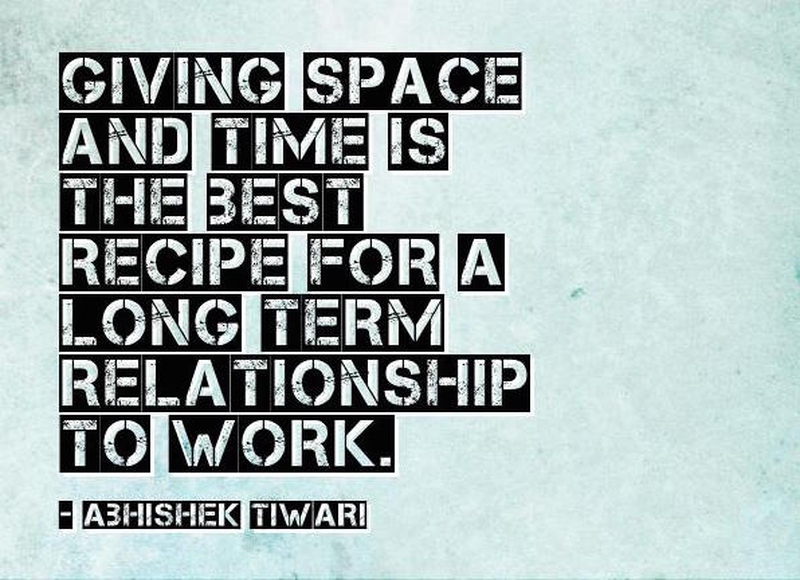
Often, even the most reverent and warm relationships cannot replace the need for personal space.
Often there is severe discomfort when even a close and beloved person is surrounded from all sides. This is a violation of personal space in its purest form. It is necessary to create a clear balance between the time spent together and the possibility of solitude.
Each partner must clearly realize that personal space in the family is not a luxury. This is a paramount necessity that allows us not to move away from each other, but on the contrary, to avoid conflict and achieve true harmony:
By designating personal space in relationships and its boundaries, not allowing them to be violated, you can give each other much more.
Time devoted to one's own interests will allow:
to restore energy;
relax;
every time to need your chosen one;
see familiar things with completely different eyes.
Love should not become something that limits an interesting and varied life.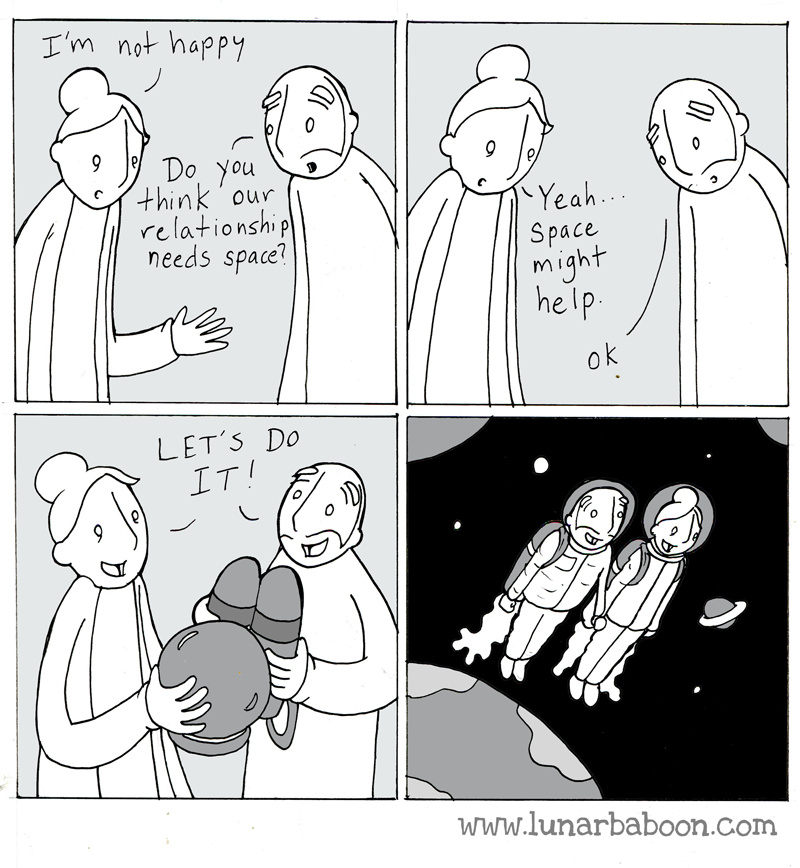 It implies respect for both the person himself and his interests. If a spouse is interested in football or likes to meet friends, is it worth it to stop him with tantrums and blackmail? After all, ladies appreciate the pleasant moments of freedom no less, spent on conversations with friends in a cafe, a nail salon or time devoted to reading books, shopping, embroidery.
It implies respect for both the person himself and his interests. If a spouse is interested in football or likes to meet friends, is it worth it to stop him with tantrums and blackmail? After all, ladies appreciate the pleasant moments of freedom no less, spent on conversations with friends in a cafe, a nail salon or time devoted to reading books, shopping, embroidery.
Often women, falling in love, try to completely dissolve in their partner. It is important to remember that the personal space of a man is just as important territory as that of a woman. Over time, when the relationship reaches a qualitatively new level, becomes stable, the ladies also try to win back the right to take care of themselves, to devote a few hours to personal interests. How to do this so that the union remains strong?
Psychologists advise building relationships on trust. The union will be strong if the partners are as honest as possible with each other.
You can become a happy owner of personal space and not jeopardize your relationship if you refuse:
secret reading of e-mail correspondence;
checking phone calls, social networks and SMS;
overprotection.
